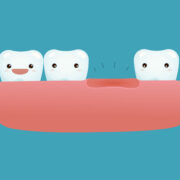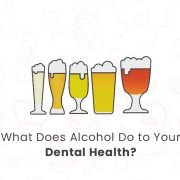A beautiful smile is more than just a cosmetic feature; it’s a sign of good health. Dental implants are an excellent way to restore missing teeth and regain your natural smile. However, to keep your dental implants healthy and long-lasting, it’s essential to provide them with proper nutrition. A balanced and nutritious diet rich in vitamins and minerals can help maintain the health of your dental implants, keeping them strong and in good condition. In this article, we will explore the importance of vitamin and mineral intake for dental implant patients, as explained by Dr. Chirag Chamria, a leading dental implant specialist at Royal Dental Clinics. So, if you’re looking to keep your dental implants healthy and strong, read on to discover the nutrients that will fuel your smile.
Importance of Nutrition for Dental Implant Health
Dental implants are artificial tooth roots that are implanted into the jawbone to support a replacement tooth or bridge. They are a long-term solution to missing teeth, offering a natural-looking, permanent smile. However, for dental implants to be successful, it’s essential to have healthy gums and bone structure. Proper nutrition plays a crucial role in maintaining healthy gums and bones, which are necessary for dental implant success.
A balanced and nutritious diet is essential for overall health, and it’s no different when it comes to dental implant health. Vitamins and minerals are the building blocks of our body, and they play a vital role in supporting various bodily functions. When it comes to dental implants, specific vitamins and minerals are essential for maintaining healthy gums and bones.
To ensure that your dental implants remain healthy and strong, it’s crucial to consume a diet that is rich in vitamins and minerals. A diet rich in fruits, vegetables, whole grains, lean proteins, and healthy fats can provide your body with the nutrients it needs to maintain a healthy smile.
Key Vitamins for Dental Implant Nutiriton
Vitamin C
Vitamin C is a powerful antioxidant that plays a crucial role in maintaining healthy gums. It helps to boost collagen production, which is essential for healthy gums. Collagen is a protein that is necessary for the formation of connective tissue, which supports the teeth. Vitamin C also helps to fight off infection and inflammation, which can lead to gum disease.
Foods that are rich in vitamin C include citrus fruits, strawberries, kiwis, bell peppers, broccoli, and spinach. It’s important to note that vitamin C is water-soluble, which means that it’s not stored in the body. Therefore, it’s crucial to consume vitamin C-rich foods daily to maintain optimal levels.
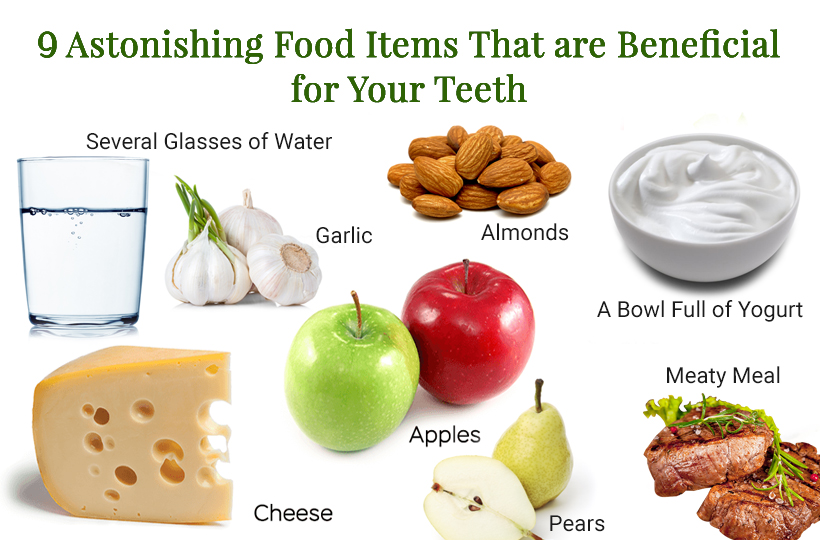
Vitamin D
Vitamin D is essential for maintaining healthy bones, and it’s crucial for dental implant health. It helps the body to absorb calcium, which is necessary for strong bones and teeth. Vitamin D also helps to reduce inflammation and boost the immune system, which can help prevent gum disease.
Foods that are rich in vitamin D include fatty fish, egg yolks, and fortified dairy products. The body can also produce vitamin D when the skin is exposed to sunlight.
Vitamin K
Vitamin K is essential for blood clotting, which is necessary for the healing process after dental implant surgery. It also helps to maintain healthy bones and teeth by regulating calcium.
Foods that are rich in vitamin K include leafy green vegetables, such as kale, spinach, and broccoli, as well as meats and dairy products.
Role of Calcium / Phosphorus in Dental Implant Nutrition
Calcium and phosphorus are two minerals that are essential for dental implant success. They play a crucial role in maintaining healthy bones and teeth, which are necessary for supporting dental implants.
Calcium
Calcium is the most abundant mineral in the body, and it’s essential for maintaining strong bones and teeth. It also plays a crucial role in muscle function, nerve transmission, and blood clotting.
Foods that are rich in calcium include dairy products, such as milk, cheese, and yogurt, as well as leafy green vegetables, such as kale, broccoli, and spinach. Calcium supplements are also available, but it’s important to talk to your dentist or nutritionist before taking any supplements.
Phosphorus
Phosphorus is another mineral that is essential for dental implant success. It works in conjunction with calcium to build and maintain strong bones and teeth. Phosphorus is also involved in energy production and cell growth.
Foods that are rich in phosphorus include meats, fish, poultry, dairy products, and whole grains.
Foods to Avoid for Dental Implant Health – Nutrition
In addition to consuming a nutrient-rich diet, it’s essential to avoid certain foods that can have a negative impact on dental implant health. Here are some foods to avoid:
Sticky and Sugary Foods: Sticky and sugary foods can get stuck in between teeth and gums, increasing the risk of tooth decay and gum disease. They can also damage dental implants by causing decay or loosening the implants.
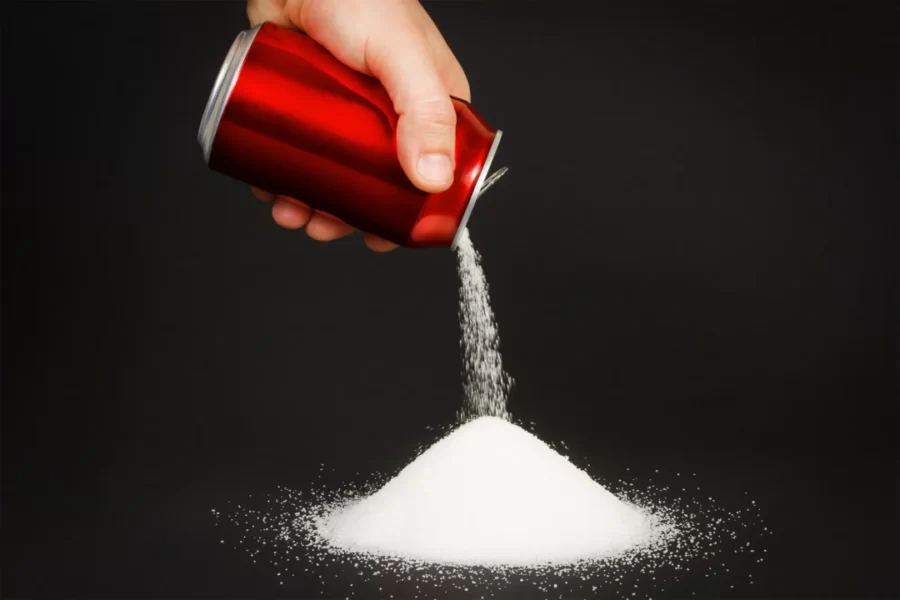

Hard and Crunchy Foods: Hard and crunchy foods, such as popcorn, nuts, and hard candies, can damage dental implants by causing chips or cracks.
Carbonated Beverages: Carbonated beverages, such as soda and sparkling water, can erode tooth enamel and increase the risk of tooth decay. They can also weaken dental implants by causing bone loss.
Supplements for Dental Implant Health – Nutrition
Probiotics: Probiotics are beneficial bacteria that live in the gut and help to support the immune system. They can also help to reduce inflammation and prevent gum disease.
Omega-3 Fatty Acids: Omega-3 fatty acids are essential for maintaining a healthy heart, brain, and joints. They can also help to reduce inflammation and promote healthy gums.
Coenzyme Q10: Coenzyme Q10 is an antioxidant that is essential for energy production in the body. It also helps to reduce inflammation and promote healthy gums.
Maintaining Oral Hygiene with Dental Implant Nutrition
Brushing and Flossing: Brushing and flossing are essential for removing plaque and bacteria from teeth and gums. It’s important to brush at least twice a day and floss at least once a day to maintain optimal oral health.
Regular Dental Checkups: Regular dental checkups are essential for maintaining good oral health. Your dentist can check the health of your dental implants and recommend any necessary treatments or adjustments.
Quit Smoking: Smoking can increase the risk of gum disease and implant failure. Quitting smoking can improve your overall health and increase the success rate of your dental implants.
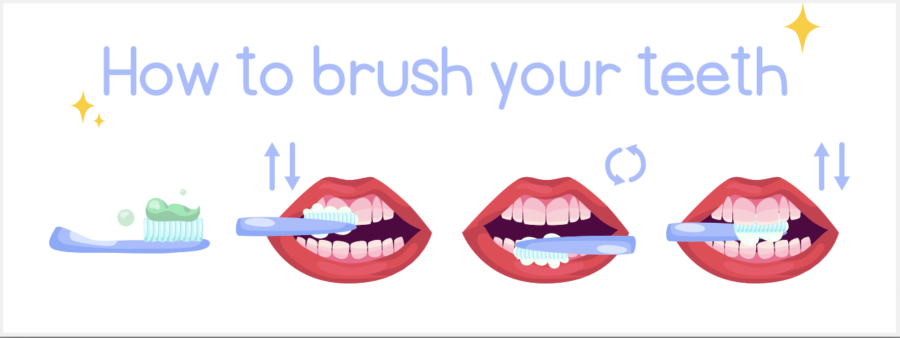
Lifestyle Changes to Support Dental Implant Health
Exercise Regularly: Regular exercise can help to reduce inflammation and promote healthy bones and teeth. It can also improve overall health and reduce the risk of chronic diseases.
Manage Stress: Stress can have a negative impact on oral health and increase the risk of gum disease. Managing stress through relaxation techniques, such as meditation and yoga, can help to reduce inflammation and promote healthy gums.
Get Enough Sleep: Getting enough sleep is essential for overall health, including dental implant health. Lack of sleep can increase the risk of gum disease and implant failure.
Nutrition particularly for Dental Implant patients:
Protein: Protein is essential for tissue growth and repair, making it important for healing after implant surgery. Good sources of protein include lean meats, fish, beans, nuts, and dairy products.
Calcium and Vitamin D: Good sources of calcium include dairy products, leafy green vegetables, and fortified foods like cereals and orange juice. Vitamin D is produced by the body when the skin is exposed to sunlight, but it can also be found in fatty fish, egg yolks, and fortified foods.
Vitamin C: Vitamin C is important for collagen production, which is essential for wound healing and the maintenance of healthy gums. Good sources of vitamin C include citrus fruits, berries, kiwi, and leafy green vegetables.
Zinc: Zinc is important for immune function and wound healing. Good sources of zinc include lean meats, seafood, beans, nuts, and whole grains.
Omega-3 fatty acids: Omega-3 fatty acids are anti-inflammatory and can help reduce inflammation in the gums. Good sources of omega-3 fatty acids include fatty fish like salmon, flaxseed, chia seeds, and walnuts.
How to ensure proper nutrition intake?
To ensure that one is getting the appropriate amounts of nutrients in their diet, Dr. Chamria suggests seeking the advice of a nutritionist or dietitian. They are able to assist in the development of an individualized diet plan that caters to the requirements of each individual patient. In addition, individuals who get dental implants should not smoke and should restrict the amount of alcohol they consume since these habits might interfere with the healing process.
Conclusion
Dental implants are an excellent way to restore missing teeth and regain your natural smile. However, to keep your dental implants healthy and long-lasting, it’s essential to provide them with proper nutrition. A balanced and nutritious diet rich in vitamins and minerals can help maintain the health of your dental implants, keeping them strong and in good condition. In addition to consuming a nutrient-rich diet, it’s essential to maintain good oral hygiene, avoid certain foods, take supplements, and make lifestyle changes to support dental implant health. By following these recommendations, you can fuel your smile and maintain healthy and strong dental implants for years to come.


